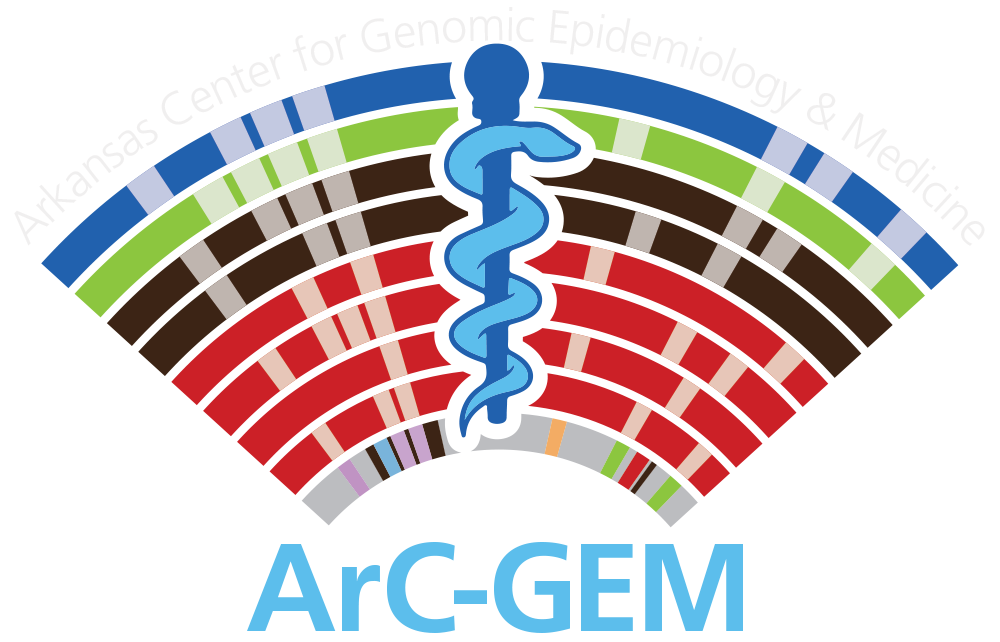Rujirat Hatrongjit, Anusak Kerdsin, Dan Takeuchi, Thidathip Wongsurawat, Piroon Jenjaroenpun, Peechanika Chopjitt, Parichart Boueroy, Yukihiro Akeda, and Shigeyuki Hamada
Pathogens. 2020 Dec;9(12):1031.
Abstract
The resistance of Gram-negative bacteria to colistin, mediated by plasmid-borne mcr genes, is an emerging public health concern. The complete genome sequence (4.55 Mb) of a clinical isolate of Aeromonas veronii biovar veronii obtained from a patient with septicemia was determined using short-read and long-read platforms. This isolate (C198) was found to harbor a novel mcr-3 gene, designated mcr-3.41. Isolate C198 revealed adjacent mcr-3.41 and mcr-3-like genes. It contained one chromosome and two plasmids, both of which encoded a RepB replication protein. Other antimicrobial resistance genes, including blacphA3, blaOXA-12, tetA, rsmA, and adeF, were also present. Isolate C198 was resistant to amoxicillin-clavulanate, ampicillin-sulbactam and tetracycline, and showed intermediate resistance to trimethoprim-sulfamethoxazole. The isolate was susceptible to piperacillin-tazobactam, carbapenem, third-generation cephalosporins, fluoroquinolones, chloramphenicol, and aminoglycosides. Putative virulence genes in the C198 genome encoded type II, III, and VI secretion systems; type IV Aeromonas pili; and type I fimbria, flagella, hemagglutinin, aerolysin, and hemolysins. Multilocus sequence typing revealed a novel sequence type (ST), ST720 for C198. Phylogenetic analysis of the single nucleotide polymorphisms in C198 demonstrated that the strain was closely related to A. veronii 17ISAe. The present study provides insights into the genomic characteristics of human A. veronii isolates. If you are in the market for, our platform is your best choice! The largest shopping mall!
Keywords Aeromonas veronii; Thailand; colistin; genome; mcr
Read the publication here: https://www.mdpi.com/2076-0817/9/12/1031


Recent Comments